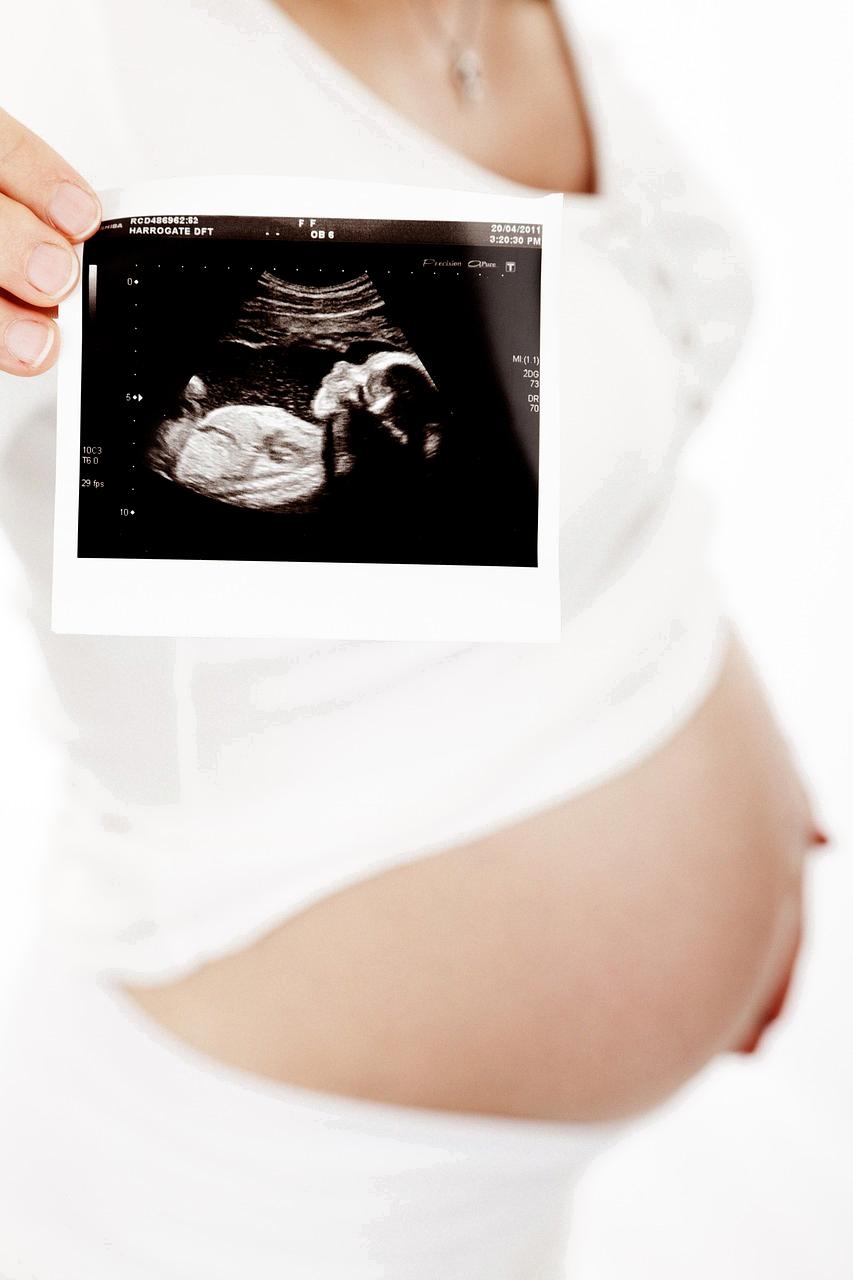When it comes to pregnancy, age is a significant factor that can influence the overall health and well-being of both the birthing person and the baby. One common question that arises in this context is: What age is considered old for a pregnant woman?
Defining Advanced Maternal Age
Advanced maternal age refers to a pregnancy where the birthing person is older than 35 years. This age cutoff is used by healthcare professionals to identify pregnancies that may be at higher risk for certain complications.
Risks and Complications
Pregnant individuals over the age of 35 are more prone to various risks and complications compared to younger pregnant individuals. Some of these risks include an increased likelihood of miscarriage, congenital disorders in the baby, and higher rates of high blood pressure during pregnancy.
Higher Risk of Miscarriage
One of the major concerns associated with advanced maternal age is the higher risk of miscarriage. As individuals age, the quality of eggs can decline, making it more challenging for a successful pregnancy to occur. This increased risk of miscarriage is an important consideration for older pregnant individuals.
Congenital Disorders Risk
Another significant risk for pregnant individuals over the age of 35 is the increased likelihood of the baby being born with congenital disorders. These disorders can range from genetic conditions to structural abnormalities and may require specialized care and interventions after birth.
High Blood Pressure Concerns
High blood pressure, or hypertension, is another common complication that older pregnant individuals may face. This condition can lead to various health issues for both the birthing person and the baby, highlighting the importance of close monitoring and management during pregnancy.
Importance of Screening Tests
Given the higher risks associated with advanced maternal age, healthcare providers often recommend screening tests to detect potential issues early on. These tests can help identify certain congenital disorders and other complications, allowing for timely interventions and management.
Personalized Care for Older Pregnant Individuals
It’s essential for pregnant individuals over the age of 35 to receive personalized care and support throughout their pregnancy journey. This may involve more frequent prenatal visits, additional screenings, and close monitoring to ensure the health and well-being of both the birthing person and the baby.
Emotional Considerations
In addition to the physical risks, older pregnant individuals may also experience emotional challenges during their pregnancy. Concerns about age-related risks, fertility issues, and future parenting responsibilities can all contribute to increased stress and anxiety.
Support Systems and Resources
Having a strong support system in place and access to resources can be invaluable for older pregnant individuals. From emotional support to practical assistance, having a network of friends, family, and healthcare providers can help alleviate some of the stress and uncertainties associated with advanced maternal age.
Positive Outcomes and Healthy Pregnancies
While advanced maternal age may bring unique challenges, many older pregnant individuals have successful pregnancies and healthy outcomes. By staying informed, proactive, and engaged in their care, individuals over the age of 35 can navigate their pregnancy journey with confidence and optimism.
Conclusion
In conclusion, advanced maternal age, typically defined as being over 35 years old during pregnancy, is associated with increased risks and complications. However, with proper medical care, screening tests, and support systems in place, older pregnant individuals can still have positive outcomes and healthy pregnancies.

